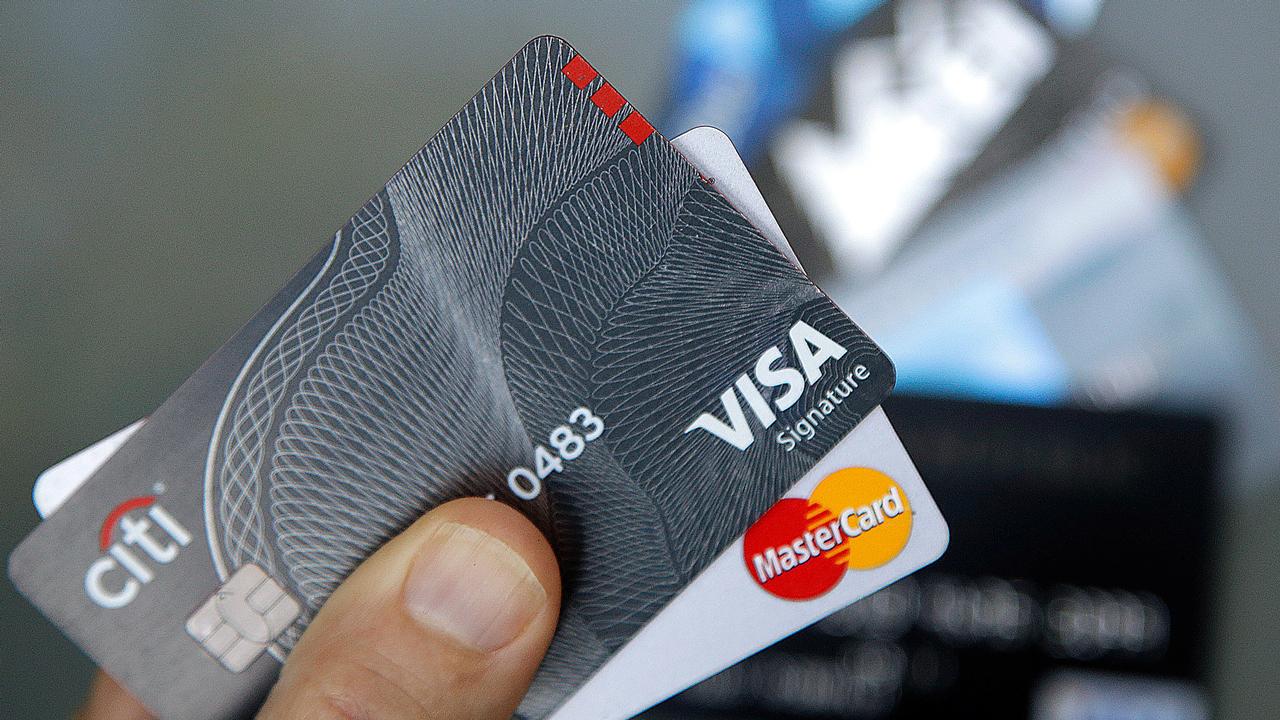How your credit score can cost (or save) you more money this year
If one of your New Year’s resolutions was to save money in 2019, then boosting your credit score is likely part of the plan.
If not, it should be, says credit expert, John Ulzheimer, formerly of FICO and Equifax.
“Improving your score is always smart but in 2019, it’s even more important than ever,” says Ulzheimer.
That’s because the Fed, which already raised interest rates four times last year, is expected to continue somewhat on this trajectory in 2019, making it more expensive for consumers to borrow money. “Even those with elite credit scores can expect to see interest rates on new accounts go up given the consistency with which the Federal Reserve is increasing rates,” says Ulzheimer.
Your credit score — looked at by everyone from lenders to landlords — can make a number of essential expenses a whole lot cheaper (and make your life a whole lot easier).
Among the many benefits of a strong credit score: a better chance for credit card and loan approval, competitive interest rates, more affordable car insurance premiums, access to the best credit card deals, and more negotiating power on mortgage loan terms and conditions.
Start now
If you take action to improve your score today, you could see the numbers go up in as soon as a month. But it ultimately depends on why your score is low in the first place.
“If it’s low because of excessive credit card debt or having too many accounts with balances, once you address those issues it doesn’t take long to see the numbers improve," says Ulzheimer. But if it’s low because of a more serious issue, such as a bankruptcy, it can take years.
Ulzheimer says the two most impactful ways to improve your credit score is to make all of your payments on time, all the time, and maintain low credit card balances that don't represent more than 10-30 percent of your credit limits. “If you can do these things consistently, then your score will be fantastic,” he says.
What is a ‘fantastic’ score?
“A score of 760 or higher puts you in the best borrowing position possible from a credit-risk perspective,” says Ulzheimer.
Consider this: if you are in this credit score range and you were to take out a $350,000 loan on a 30-year fixed rate mortgage right now, your interest rate would be about 4.2 percent, and your monthly payment would be around $1713.
That same loan for someone with a credit score of 620 would have a rate of around 5.25 percent, bringing the monthly payment to about $1932.
Vera Gibbons is the Founder of nonpoliticalnews.com which produces “NoPo” - a free daily newsletter that covers and curates non-political news only within Consumer/Personal Finance; Health & Wellness; Fashion/Beauty; Fitness/Diet.




















